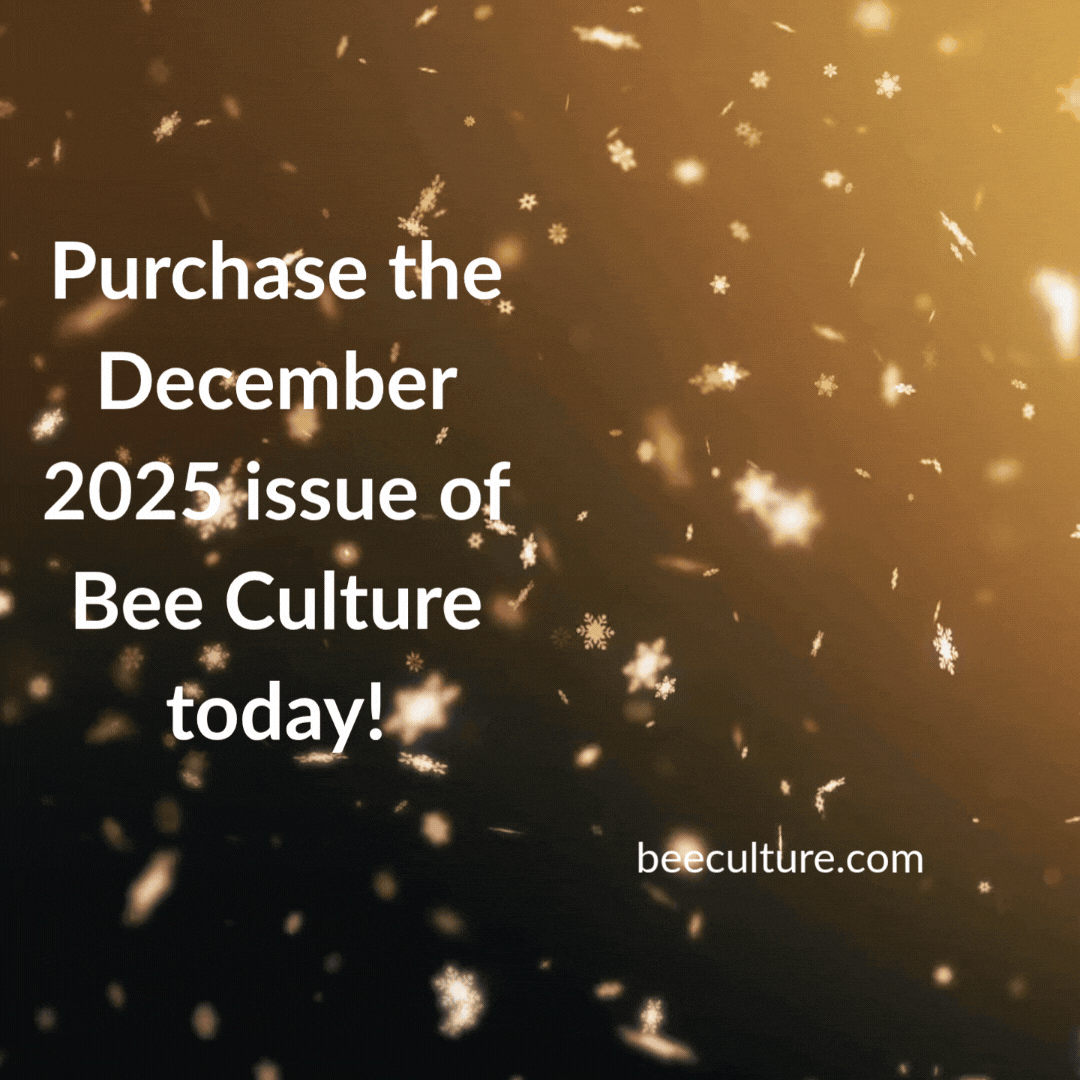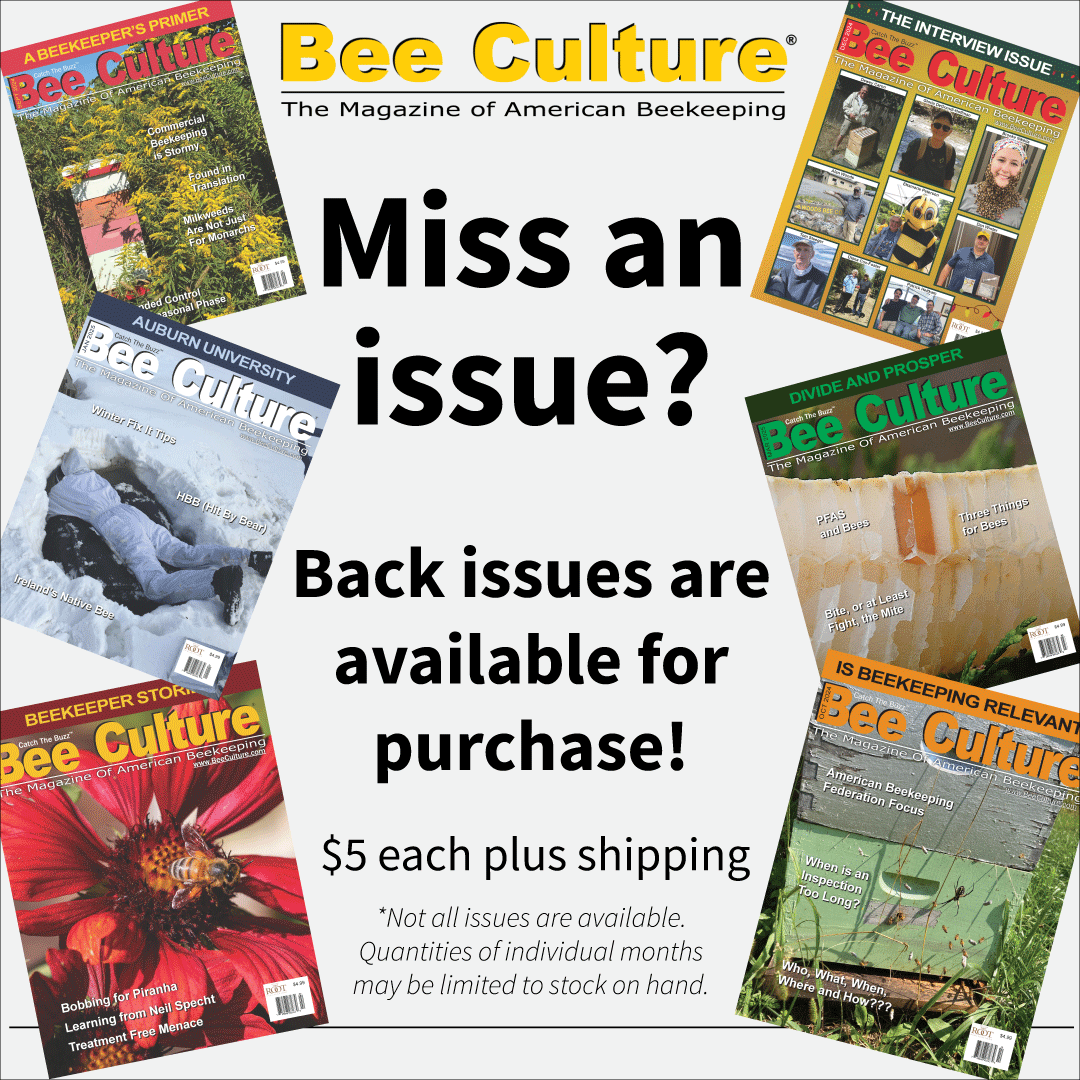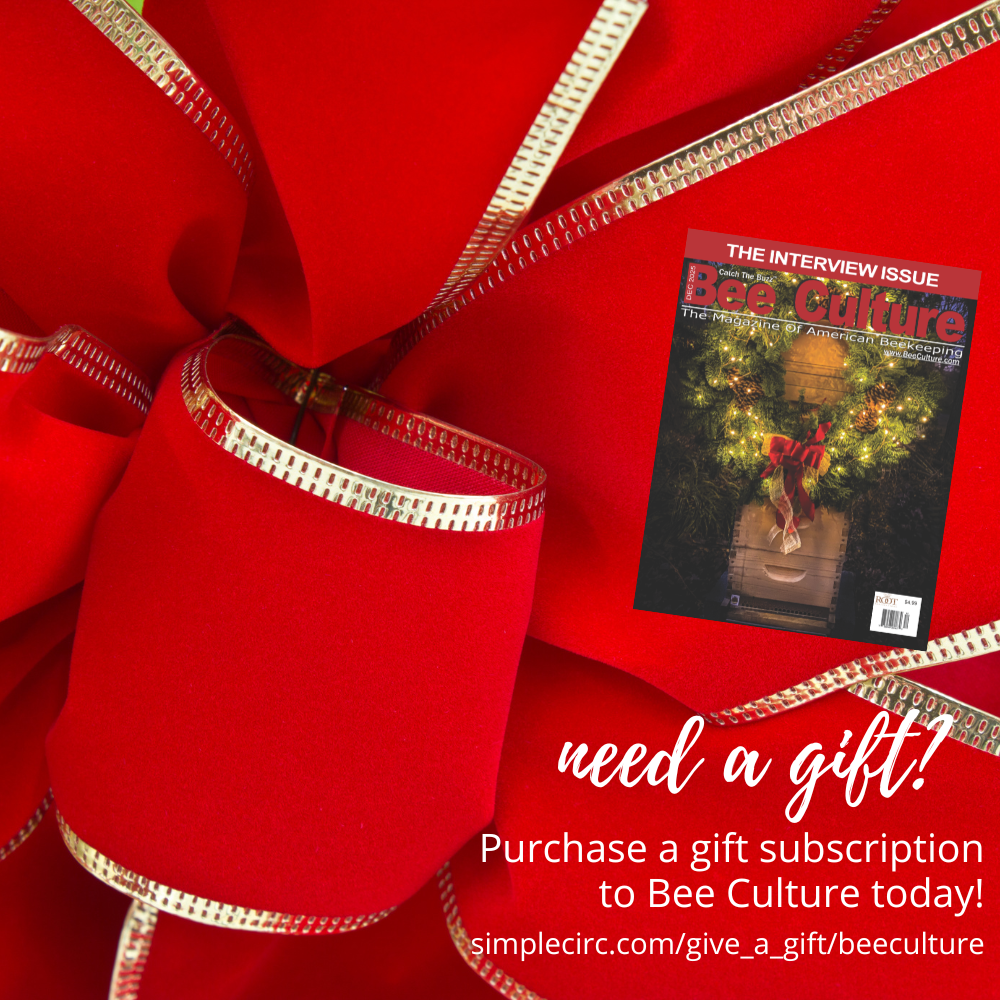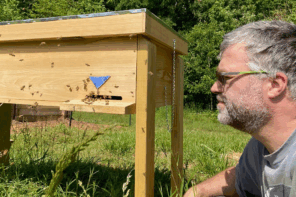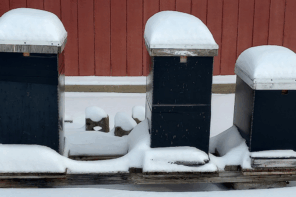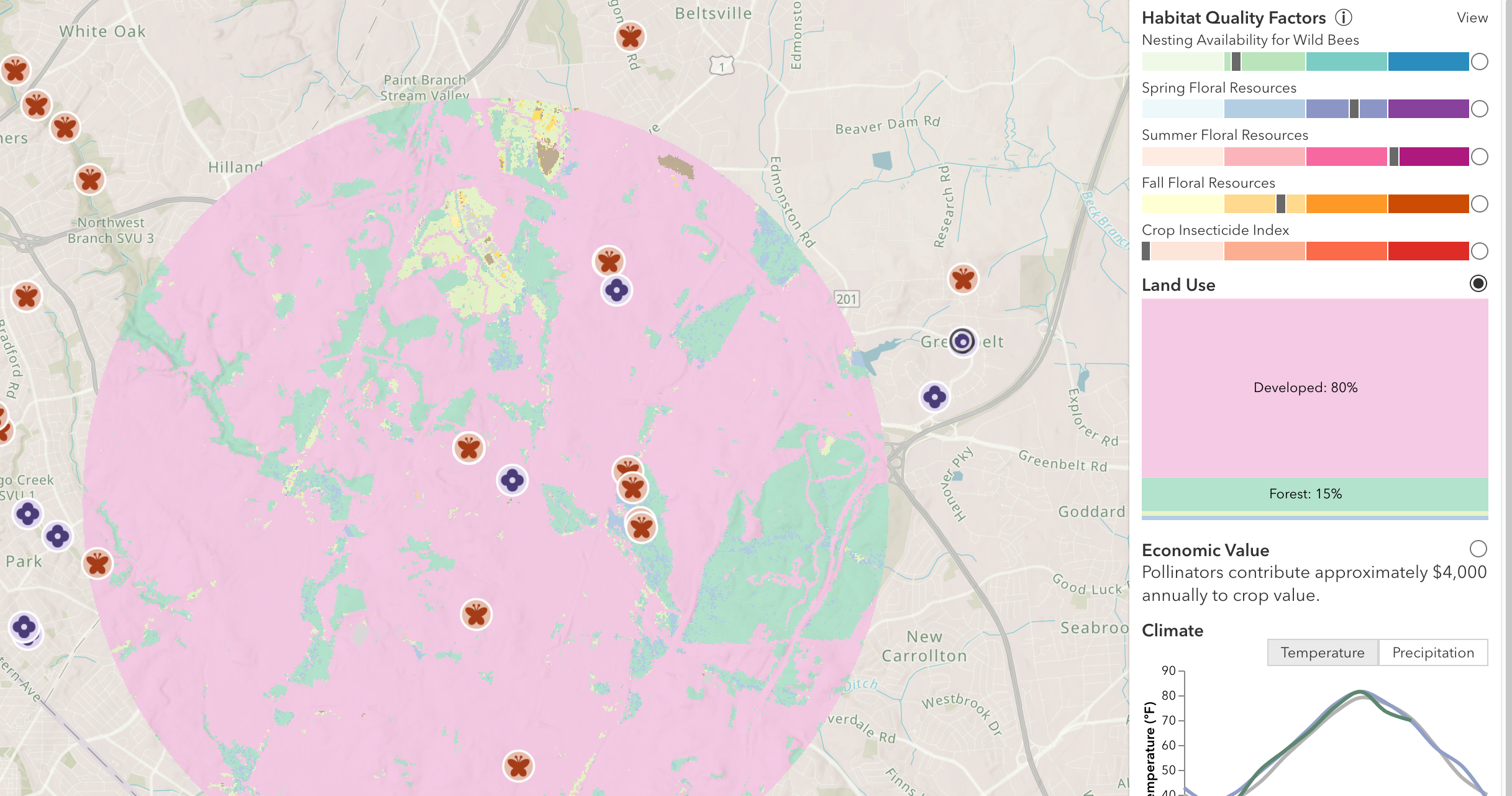By: Phil Craft
This article originally appeared in the Summer 2016 issue of BEEKeeping Your First Three Years
Q: Getting beekeeping information on the internet
From an Iowa beekeeper: I’m a new beekeeper and trying to learn. There is a lot of information on the internet but some of it is so contradictory. Can you give me some assistance in finding reliable information on the internet?
A: As Roy Hendrickson wrote in the Spring issue of this magazine, beekeepers, especially new beekeepers – must be careful about using the internet as a resource. A wealth of knowledge is available online, but anyone with a camera and an internet connection can offer themselves as an expert. Some of the information presented there is incomplete, misleading, or just plain crackpot. Roy offered a specific warning about YouTube videos, and I would like to add a caution about beekeeping internet forums. The valuable and the questionable are so mixed in those venues that it’s difficult to distinguish between the two.
Until a new beekeeper has gained enough experience to separate the wheat from the chaff, he or she would do well to stick to the online publications of reliable institutions. Many university apiculture programs have web pages. To name a few:
• The University of Minnesota bee lab (http://www.beelab.umn.edu/), is a great source for information on monitoring for varroa mites as well as lots of other good stuff.
• The Mid-Atlantic Apiculture Research and Extension Consortium (MAAREC) (https://agdev.anr.udel.edu/maarec/educational-resources/) is a cooperative effort of several universities, including Penn State. This site has a number of excellent instructive PowerPoints and fact sheets on virtually any beekeeping topic.
• I also recommend the University of Georgia’s website (http://www.ent.uga.edu/bees/), This is the home of Jennifer Berry, who is a regular columnist for Bee Culture Magazine.
• Another cooperative effort is the Managed Pollinator CAP (Coordinated Agricultural Project) (www.beeccdcap.uga.edu.), presenting scientific papers detailing results from many honey bee research projects.
• Dr. Jamie Ellis and his graduate students at the University of Florida (http://entnemdept.ufl.edu/honeybee/) have put together an educational webpage for beekeepers, including information about their honey bee research. They also have their own YouTube video page: http://entnemdept.ifas.ufl.edu/honeybee/extension/Video.shtml.
• The various USDA honey bee labs have different area of focus, so the information found at their webpages differs.
• At Baton Rouge, Louisiana (http://www.ars.usda.gov/main/site_main.htm?modecode=60-50-05-00) the area of emphasis is honey bee breeding and genetics. Here you can find information about varroa and disease resistant lines of honey bees.
• The lab at Beltsville, Maryland (http://www.ars.usda.gov/main/site_main.htm?modecode=B0-42-05-40) specializes in disease and parasite control and diagnosis. Information here includes how to send samples to the lab for testing.
• The honey bee lab in Tucson, Arizona (http://www.ars.usda.gov/main/site_main.htm?modecode=20-22-05-00) concentrates on honey bee health to maximize the number of bees available for pollination.
A few last suggestions:
A lot of great things are being accomplished by the folks at the Bee Informed Partnership (BIP) program, which is headquartered at the University of Maryland (https://beeinformed.org/). For some good advice from a number of very smart BIP folks, go to their blog page at https://beeinformed.org/blog/. This is one of my favorite sites.
And of course, Bee Culture Magazine’s webpage (http:/ /www.beeculture.com/), should be on your toolbar as a must go-to site. You can catch the most recent digital copy of the magazine as well as other resources.
You can also visit my webpage at http://philcrafthivecraft.com/ where, in addition to more of the common sense beekeeping advice that I offer in my “Ask Phil” columns, you will find links to additional recommended beekeeping webpages.


